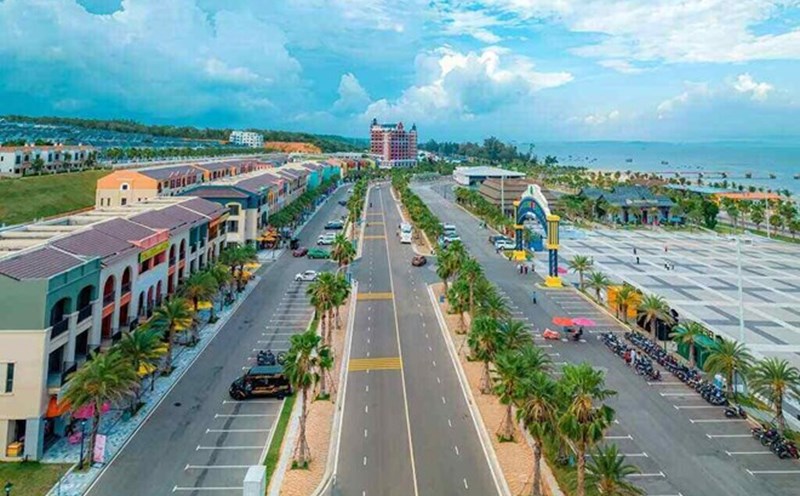skill gap
Although digital transformation is a strategic priority, Vietnam only has about 11% of the highly skilled workforce. This rate is significantly lower than neighboring countries such as Malaysia (29%), the Philippines (18%) or Thailand (14%), according to the ManpowerGroup's Total Human Resources Index report. This is an worrying gap as the demand for professional skills is increasing in the digital economy.
Vietnam has the advantage of a young population, with 65% belonging to generations Y, Z and Alpha. However, the difference in labor quality between regions is still very clear. In many rural and remote areas, workers still lack basic digital skills and are not able to access technology. This gap is creating a " crack" in the comprehensive digitalization process, making it impossible for digital transformation to take place evenly.
The labor market is lacking high-quality human resources in fields such as AI, data analysis, cybersecurity and systems management. Digital human resources are still significantly lacking.
According to a report by ManpowerGroup, by 2028, 33% of enterprise software applications will integrate AI, but 29% of employers admit that employees do not have enough skills to use AI effectively. In the field of cybersecurity, 66% of global organizations are facing a serious shortage of skills and Vietnam is not out of this trend.
Perceptional barriers
On the journey of greening, the problem is not only skills or technology, but also begins with inadequate awareness. Many workers still consider green growth as the responsibility of businesses or management agencies, while leaders in some places do not really understand and commit to ESG goals. This vagueness causes the lack of consensus and clear orientation for green human resource development.
As a result, workers are less proactive in accessing green jobs, even though the market is opening up many new opportunities - from resource management, energy consulting to sustainable product design. When needs have not been properly identified, green employment is still a strange concept for the majority of workers.
Since then, green skills training programs that have already been implemented have been implemented less and less. According to a report by ManpowerGroup, in 2024, only 9% of businesses in the Asia-Pacific (APAC) will have enough green human resources to serve sustainability goals. In Vietnam, most workers are still struggling, not knowing where to start to prepare for the transformation.
Lack of foreign languages, slow conversion
Another barrier that cannot be ignored is foreign language proficiency. According to the EF English Proficiency Index 2024, Vietnam is only 8th in Asia with 498 points, far behind the Philippines (570) or Malaysia (566). The problem is even more evident in the information technology industry. Recruitment experts at Manpower Vietnam said that more than 50% of IT staff in Vietnam cannot use English, while most documents, courses and advanced technology are built in this language.
That not only limits the career opportunities of workers, but also makes the process of international integration and digital transformation of enterprises difficult.












